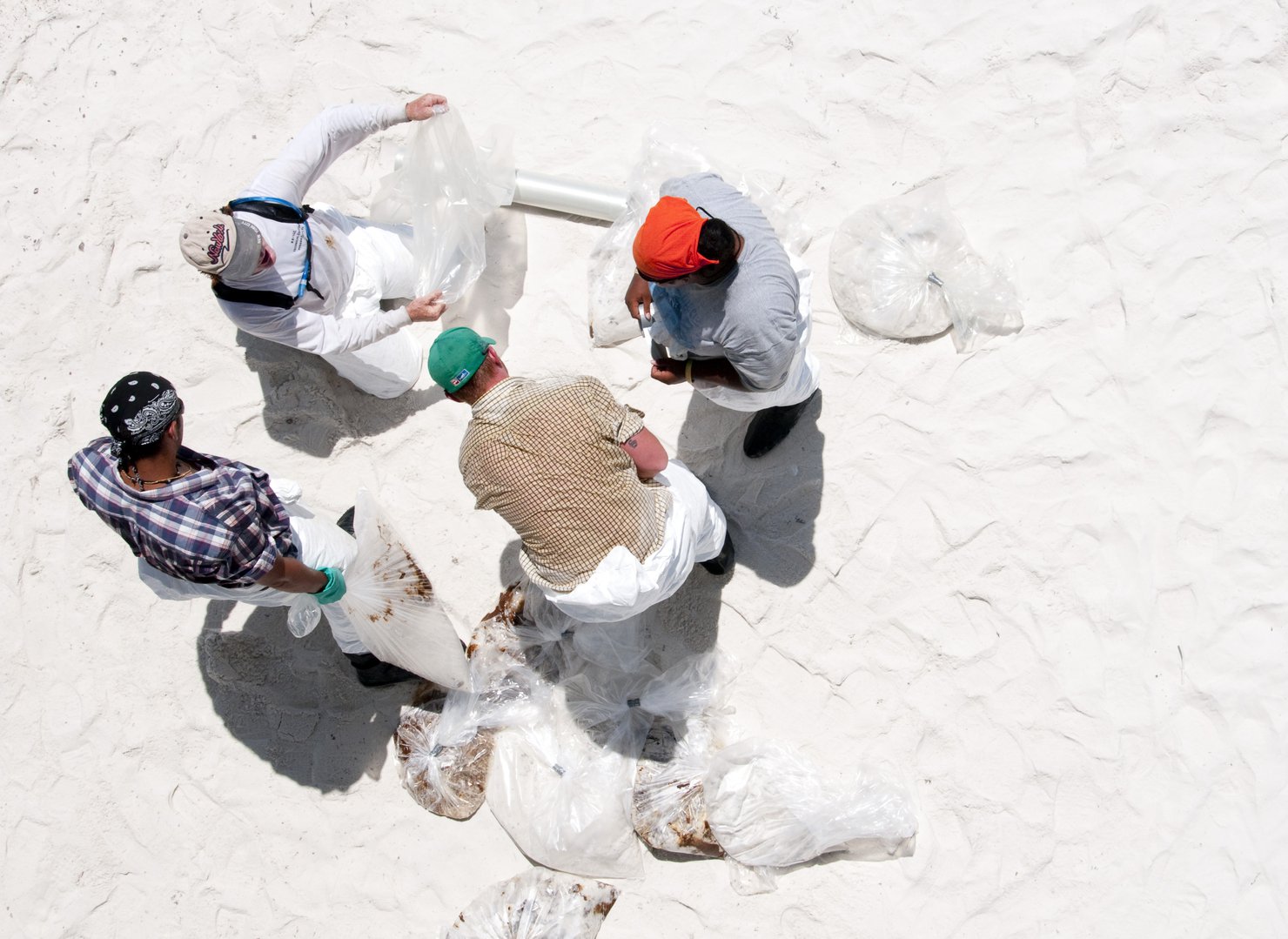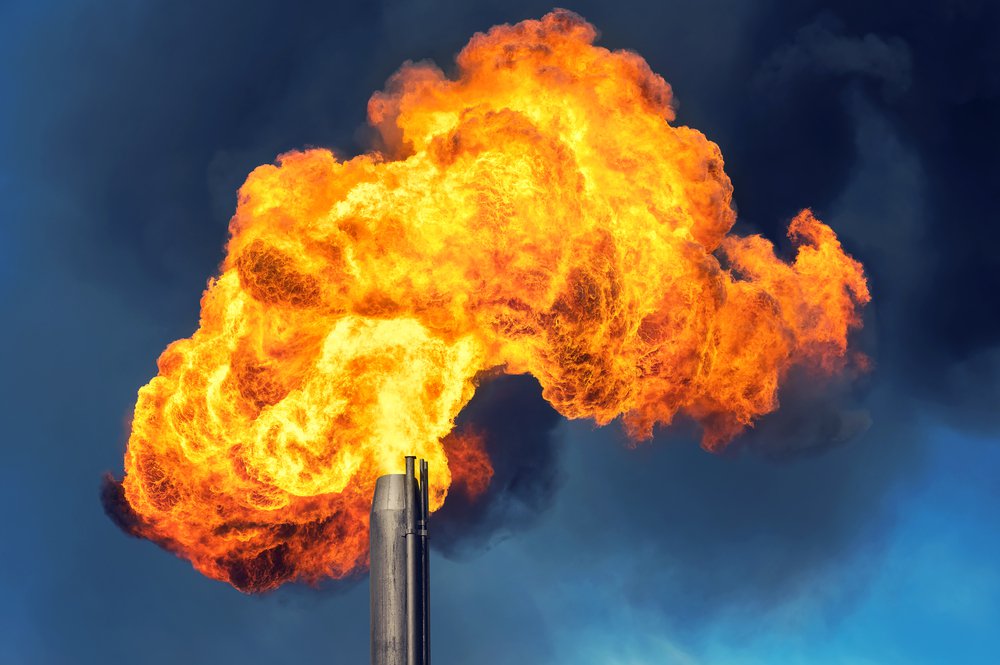Each week, we’re compiling the most relevant news stories from diverse sources online, connecting the latest environmental and energy economics research to global current events, real-time public discourse, and policy decisions. Here are some questions we’re asking and addressing with our research chops this week:
COVID-19 presents an immediate threat to our world—as does climate change. What novel strategies can the world employ to prepare for these dual crises, and have we learned anything applicable from the world's response to the pandemic?
Earth Day normally serves as a time to reflect on society’s progress at reducing the risks posed by climate change, and this 50th anniversary of Earth Day would have been a good time to do it. But another destabilizing global crisis—the coronavirus pandemic—is currently occupying the world’s attention. Still, as RFF University Fellow Carolyn Fischer argues, “We have a crisis now, but there’s another crisis looming on the horizon … Maybe we can draw some lessons from this one for what happens when you react too late.” In other words, just as many nations’ unpreparedness for the pandemic has illuminated the benefits of preemptively building public health infrastructure, “invest[ing] in resilience measures before a catastrophe strikes” is necessary for the climate challenges ahead. Whether our current emissions mitigation approach will be enough remains an open question, though, especially as the World Meteorological Organization secretary-general warns that the sharp decline in emissions prompted by social distancing hasn’t “had any impact on climate so far.”
According to a new working paper from RFF University Fellow Joseph E. Aldy and Richard Zeckhauser, both professors at the Harvard Kennedy School, the world’s single-minded focus on emissions reductions has not done enough to prevent climate change. Going forward, they instead advocate for a “three-pronged approach” that utilizes the traditional emissions mitigation strategy, but also incorporates “adaptation and amelioration” through solar radiation management (SRM), a geoengineering approach that reflects incoming solar energy back out into the atmosphere. While acknowledging that environmental groups have valid concerns about whether pursuing SRM would come at the expense of necessary emissions reductions, the authors nevertheless contend that “our current strategy has shown itself to be woefully insufficient.” In an accompanying blog post, Aldy and Zeckhauser elaborate on why now is the time to shift course: “The fiftieth anniversary of the first Earth Day provides an opportunity for us to assess the progress we have made to address climate change … and identify future policy approaches.”
Related research and commentary:

As we remember the Deepwater Horizon explosion that happened ten years ago this week, what lessons can we draw about the risks of offshore drilling?
Ten years ago this week, the Deepwater Horizon oil rig exploded, dumping over 3 million barrels of oil into the Gulf of Mexico. Much has changed since this largest oil spill of all time: the Bureau of Safety and Environmental Enforcement was created; the RESTORE Act dedicated 80 percent of fines from the oil spill to supporting coastal restoration; and safety rules governing offshore oil rigs were enacted in 2016. For its part, British Petroleum has committed to net-zero carbon emissions by 2050, reflecting a shift in the industry toward broader recognition of the environmental impacts of fossil fuel extraction. But in recent years, the Trump administration has rolled back regulations on offshore oil rigs, prompting inspections to decline around 13 percent between 2017 and 2019. According to former members of the national bipartisan commission that was assembled in the wake of the explosion, “another spill of equally disastrous proportions is possible” absent further regulatory reforms.
In August 2010, that commission also tasked researchers at RFF with studying the oil spill and recommending potential improvements to federal regulations and industry practices going forward. Now, a new blog post reflects on RFF’s contributions, in the months immediately following the disaster and in the years thereafter. Most notably, RFF’s partnership with the commission culminated in seven working papers, which assess risk mitigation strategies, possible financial responsibility requirements for firms that spill oil, and greater potential for government oversight. RFF Senior Fellow Alan Krupnick and University Fellow Mark A. Cohen’s final conclusion from that project—a recommendation to provide stronger incentives for businesses to reduce risks and to facilitate more opportunities for external oversight—remains relevant for the present-day management of offshore rigs.
Related research and commentary:

How can we develop policies that incentivize natural gas producers to better control methane emissions?
Preliminary estimates from the National Oceanic and Atmospheric Administration suggest that global methane emissions have reached an all-time high. These numbers are subject to revision before final ones are released this November but, if they’re accurate, the increase in emissions from 2018 to 2019 would represent the second-largest single-year leap in the last 20 years. At the same time, new data from the Environmental Defense Fund’s PermianMAP initiative suggests that methane emissions in the Permian Basin could be nearly three times higher than official reports from EPA indicate—likely due to a high number of undetected methane leaks in natural gas facilities. Some energy giants with a large presence in the Permian Basin are increasingly investing in technologies to curb methane emissions, but a recent report from the International Energy Association suggests that declining revenues from the coronavirus pandemic might make oil companies less likely to pay to fix leaks.
This week, a new report coauthored by RFF Senior Fellow Alan Krupnick and former RFF Senior Research Associate Clayton Munnings looks at expanding markets for “electricity with green attributes,” and whether opportunities exist to promote natural gas from facilities with low methane leakage. Krupnick and Munnings posit that creating a market for “green natural gas” would incentivize “super-emitters” to be more vigilant about methane leaks and would reward energy producers who have already invested in technologies that limit emissions. For more on how the “greenness” of natural gas could be communicated to consumers, or how “superior climate performance” would be measured and certified, read the report and tune in to an accompanying RFF Live event, today at 1:00 PM.
Related research and commentary:
Editor’s Note: BP provides unrestricted institutional support to Resources for the Future (RFF). RFF requires that all funders adhere to and support our commitment to independence, and all content appearing on the Resources website reflects the editorial discretion of our communications staff. BP was not consulted for approval or feedback on this blog.







